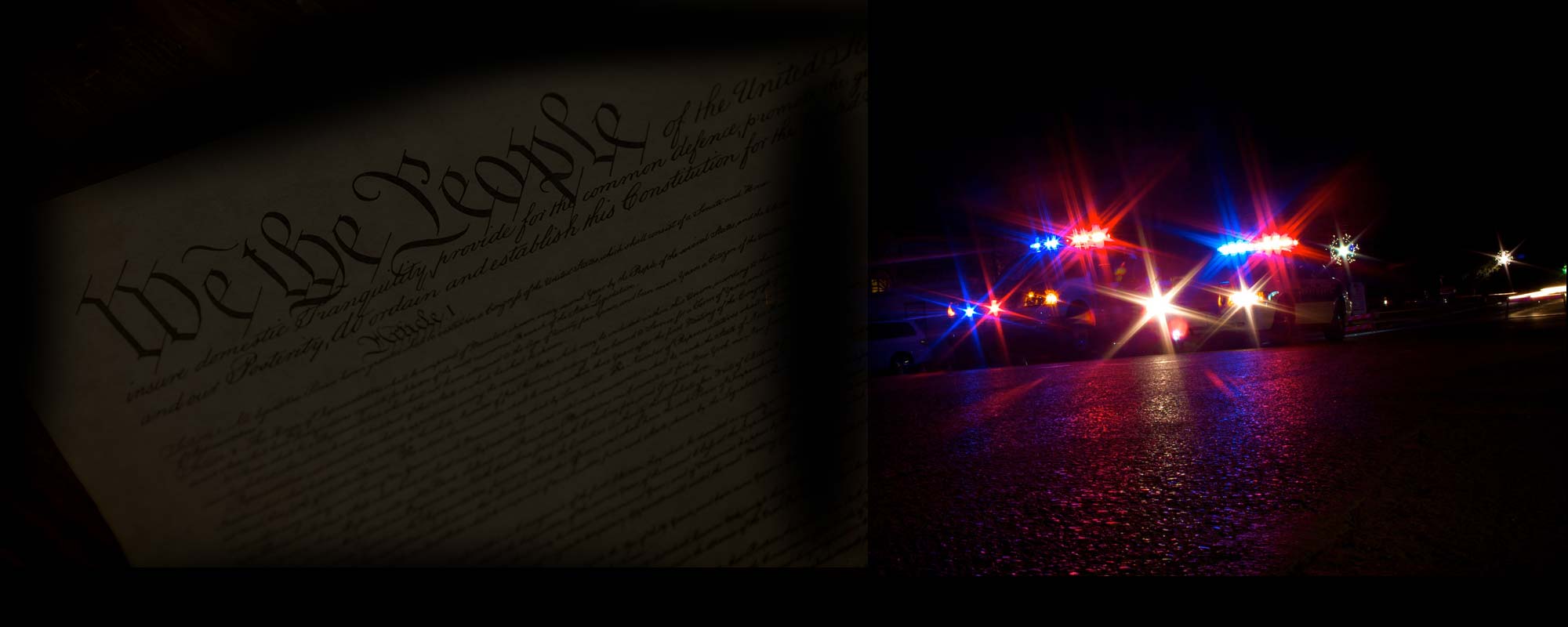On October 17, 2016, Terrence M. Cunningham, Chief of Police in Wellesley, Massachusetts, and current President of the International Association of Chiefs of Police, speaking to the Association’s convention in San Diego, formally and publicly apologized to the minority communities of the United States “. . . for actions of the past and the role our profession has played in society’s historical mistreatment of communities of color.”
Finally, a high profile police official has acknowledged what was widely believed to be the truth. And, he went further in a satisfyingly positive and optimistic way, saying “While we can’t change the past, it is clear that we must change the future.” At the conclusion of his remarks, he received a standing ovation from the 16,000 law enforcement officials in attendance.
Now, the question becomes, what is to be done to change the future of policing. It is not enough to simply make a generalized, non-specific apology for past wrongs. The specific wrongs must be stated, and then specific correction measures taken, or they’ll just be repeated.
A suggested list of specific corrective measures should begin with attitude adjustments. We must insist on constitutional policing, ending the notions that the police are at war with us, that the people are the enemy, that the police are special or superior, and not equals with us, that policing is a competitive enterprise, and returning to the concept that deadly force is not the first choice, but rather the remedy of last resort.
Next, secret, internal investigation of police misconduct should be abolished; public activity of public servants should be publicly reviewed, and all public acts of the police should be recorded with video cameras which are automatically activated and incapable of being deactivated by the officer while interacting with the public, on the street.
We should not, however, expect all the remedies for past police wrongs to come from the police or the politicians who control and regulate them. The policed, too, have an obligation to become informed about, and start using their only absolute right — to remain silent at all times — and not just after an arresting officer recites the Miranda warning. All the discussion about police power seems to drown out any thought or mention of the supreme power of silence, the right which is guaranteed to each person by the Fifth Amendment to the Constitution, and which is the only effective answer to police power when used timely and correctly, as detailed in “A Toast To Silence”.
While the politicians think about, discuss, rethink and rediscuss how to correct admitted past police wrongs, individually, we can start the ball rolling by remembering to remain silent and see the irony in talking to the police because we fear arrest, thinking that this form of cooperation will avoid arrest. In actual fact, cooperation by talking does the opposite, guarantees your arrest because talking supplies the evidence for that arrest, and worst of all, that same evidence causes your conviction in court.
What needed to be said has been well said by Chief Cunningham. Now it is time for action by the politicians, the police, and we the people.






